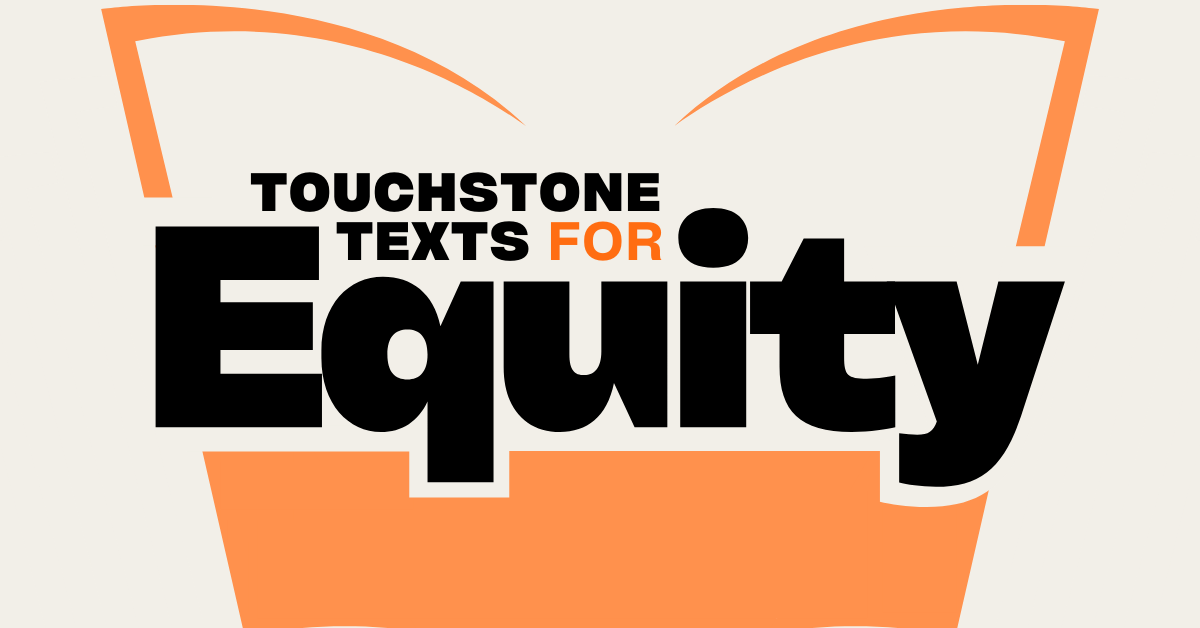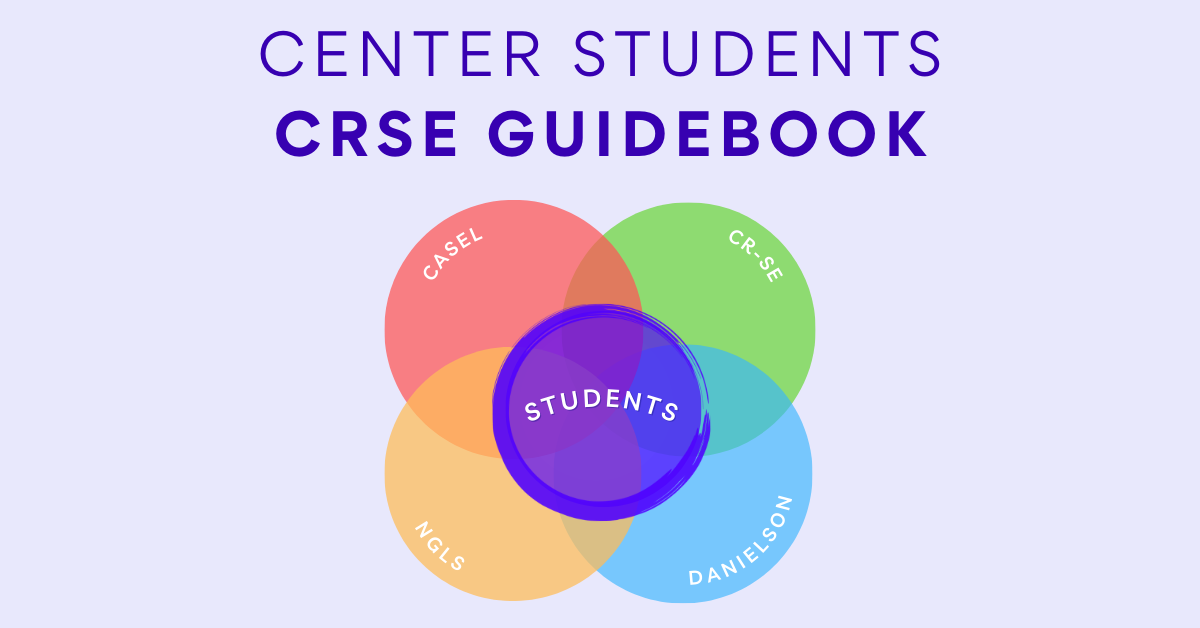|
Exploring the purposeful planning behind creating unbiased opportunities for students to demonstrate their learning.
Equity. A cornerstone of many mission statements, vision statements, and future educational goals. Creating equitable classrooms is essential, but without purposeful and thoughtful planning, it can become overwhelming. So where does our planning begin? At the end: with assessment. In the following conversation with Bob Janes, Secondary Mathematics Supervisor for East Hartford Public Schools in Connecticut, equity in assessment is discussed, and Bob gives educators actionable steps to begin thinking about equity in their own assessments.
Why is it important to ensure that our formative assessments are equitable?
B. Janes: I think it's important to step back and ask ourselves why we assess in the first place. Formative assessments allow teachers to know where a student stands in relation to a learning target and give actionable feedback. Formative assessments also allow students to reflect on their progress and plan next steps.
An inequitable assessment can give the teacher and student a distorted view of that student's learning, which can have lasting negative impacts on a student's learning trajectory. Even worse, an inequitable assessment can cause an otherwise talented student to see themselves as incapable. In a subject such as mathematics, self-efficacy is crucial.
How about summative assessments?
B. Janes: Summative assessments allow multiple stakeholders to reflect on a longer learning progression. In aggregate, summative assessment data can be used to inform large scale decisions including curriculum, instruction, assessment, funding, and staffing. If these assessments are inequitable, they can inform the wrong decisions and breed inequities in other aspects of education.
What makes an assessment equitable?
B. Janes: An assessment is equitable when it allows all students an unbiased opportunity to demonstrate their learning. Below are examples of differences between the features of inequitable and equitable assessments.
I heard you mention that equitable assessments do not take effort and participation into account. Why not?
B. Janes: It goes back to the importance of determining the purpose of an assessment before creating it and checking for alignment again once complete. This ensures the assessment measures what it intended to, and that the conclusions drawn from it are valid.
An assessment designed to test for content standards (e.g. reading for information, graphing a quadratic) should not include effort or participation as a factor in grading because that is not what is being assessed. Some assessments do test for content-based practices, habits, or dispositions (e.g. collaboration, perseverance, problem solving). While this sounds a lot like “effort”, it’s not. A carefully designed assessment that uses a specific rubric can assess these habits or dispositions without grading students for generalized effort or participation.
Equity in our classrooms goes above and beyond this conversation, but thinking about equity in assessment is a great place to start. Equitable assessments can help students reflect on their progress, plan appropriate next steps, and build their self-efficacy, along with allowing educators, administrators, and district leaders to make the best choices for schools.
|
|
The Center for Professional Education of Teachers (CPET) at Teachers College, Columbia University is committed to making excellent and equitable education accessible worldwide. CPET unites theory and practice to promote transformational change. We design innovative projects, cultivate sustainable partnerships, and conduct research through direct and online services to youth and educators. Grounded in adult learning theories, our six core principles structure our customized approach and expand the capacities of educators around the world.
|
ABOUT US
525 West 120th Street, Box 182 New York, NY 10027 416 Zankel Ph: (212) 678-3161 [email protected] Our Team Career Opportunities |
RESOURCES
Professional Articles Ready-to-Use Resources Teaching Today Podcast Upcoming PD Opportunities |
COACHING SERVICES
Custom Coaching Global Learning Alliance Literacy Unbound New Teacher Network Student Press Initiative |


























